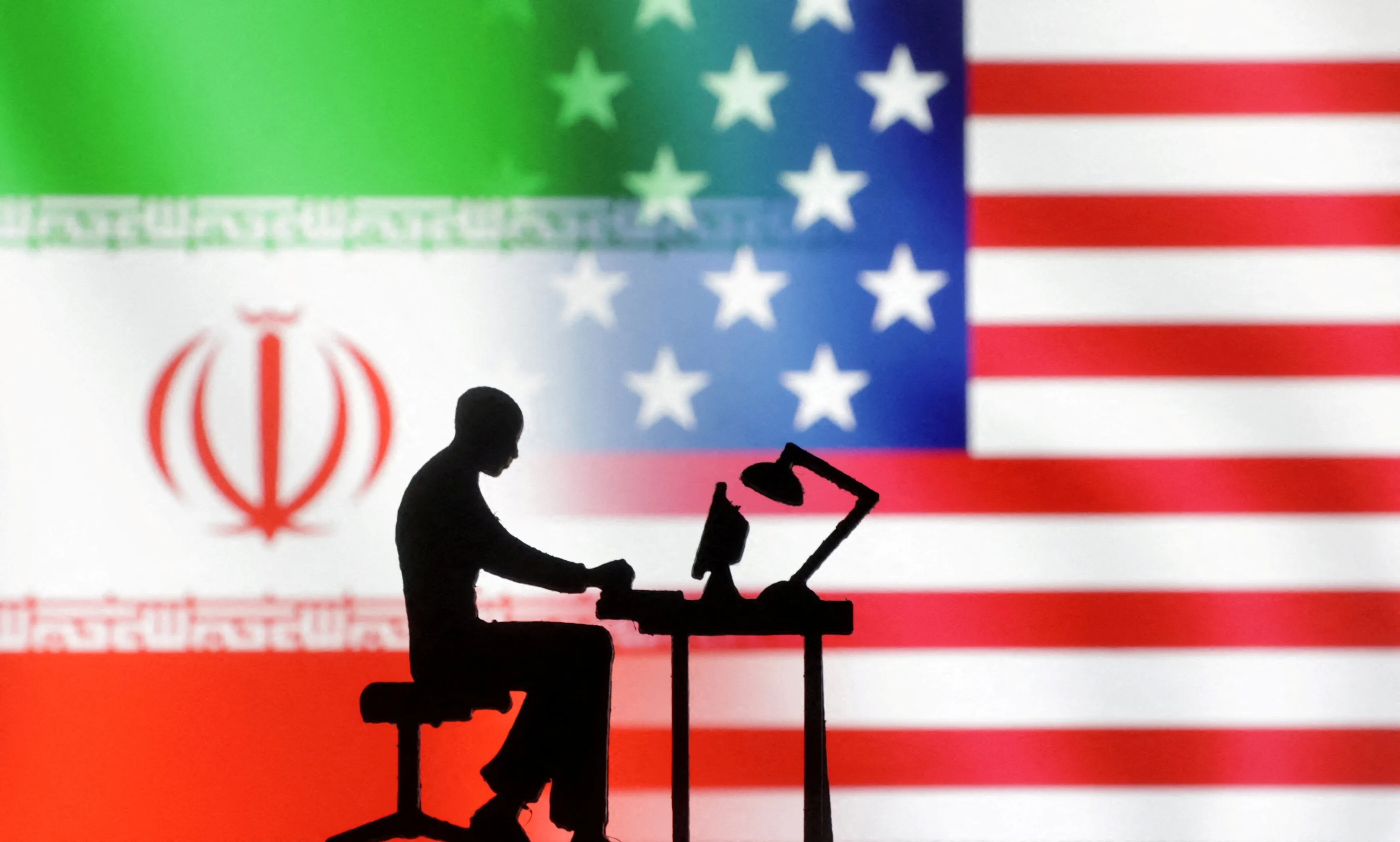Iranian-Backed Hackers Threaten to Expose Emails of Trump Administration Officials

Electronic hackers, believed to be working for the Iranian Revolutionary Guard, have announced that they possess approximately 100 gigabytes of stolen emails from accounts of senior officials in the administration of U.S. President Donald Trump, including his assistant Suzie Wiles, lawyer Lindsay Halligan, advisor Roger Stone, and former adult film star Stormy Daniels.
In a conversation with Reuters, the hackers, using the alias 'Robert,' hinted at the possibility of selling these materials without disclosing specific details about their plans. They did not reveal the content of the stolen emails.
In response, the White House and the Federal Bureau of Investigation (FBI) issued a warning statement by FBI Director Kash Patel, cautioning that 'anyone involved in any type of national security breach will be fully investigated and prosecuted to the fullest extent of the law.'
Halligan, Stone, and representatives of Daniels did not comment, and Iran did not respond to requests for comment. Tehran had previously denied involvement in any electronic espionage activities.
This group first emerged in the final months of the 2024 U.S. presidential election campaign, claiming to have breached email accounts of several Trump allies, including Wiles, and distributed some of the stolen emails to journalists.
Reuters had previously verified the authenticity of some leaked documents, including an email that appeared to document a financial arrangement between Trump and lawyers representing former presidential candidate Robert Kennedy Jr. (who currently serves as Secretary of Health in the Trump administration). The leaks also included discussions within the Trump campaign about Republican candidates and settlement negotiations with Daniels.
In September 2024, the U.S. Department of Justice accused the Iranian Revolutionary Guard of orchestrating the hack, but the hackers declined to comment on these allegations during their conversation with Reuters.
The group had previously announced retirement from activity after Trump's election victory but resumed communications following the 12-day aerial conflict between Israel and Iran, which ended with a U.S. strike on Iranian nuclear sites.
Despite the threats, there has been no significant impact from the Iranian hackers during the recent crisis. However, U.S. cybersecurity officials have warned that American companies and critical infrastructure operators may be vulnerable to Iranian attacks.
Previous leaks did not fundamentally alter the course of the U.S. presidential elections won by Trump. However, the new threats raise concerns about the potential use of these documents for political or extortion purposes.